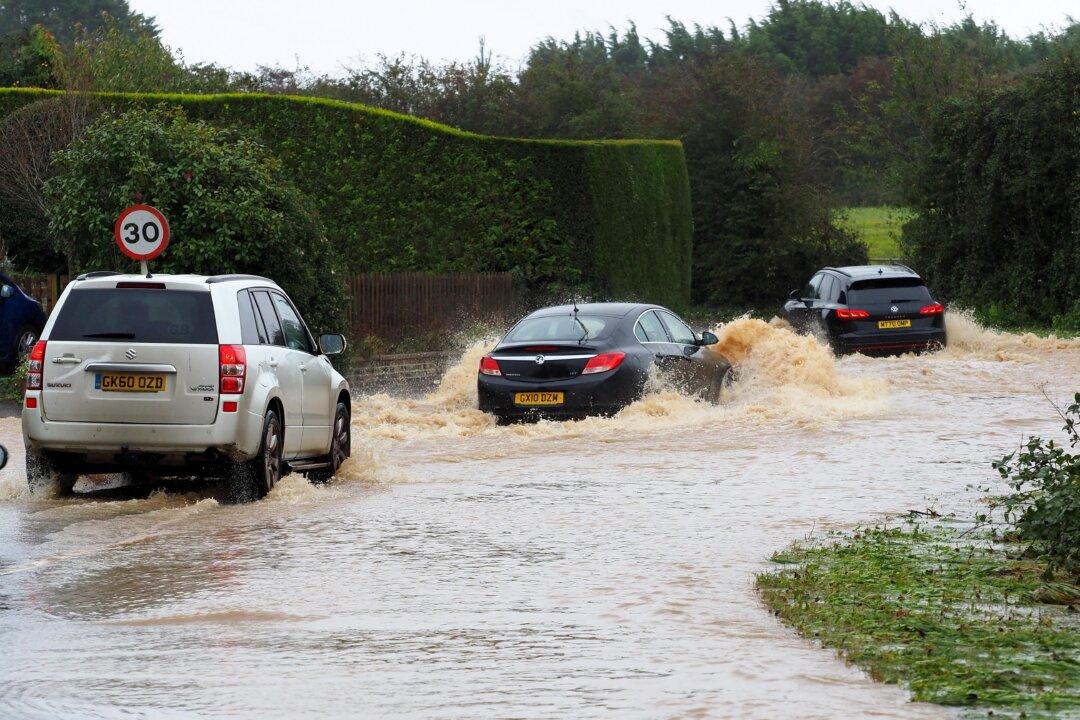In a new report released yesterday, the UK Health Security Agency (UKHSA) claimed that “the climate crisis is a health crisis,” suggesting that health goals should be intrinsically linked to decarbonization strategies.
The UKHSA replaced Public Health England in April 2021, assuming responsibility for England-wide public health protection and infectious disease capabilities. It functions as an executive agency under the Department of Health and Social Care (DHSC).





